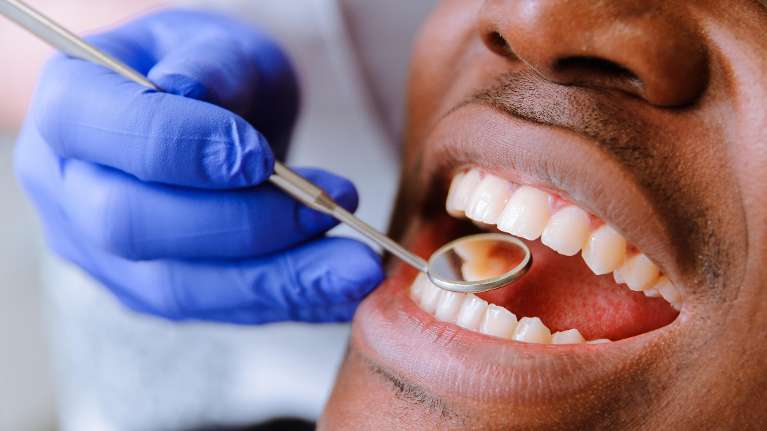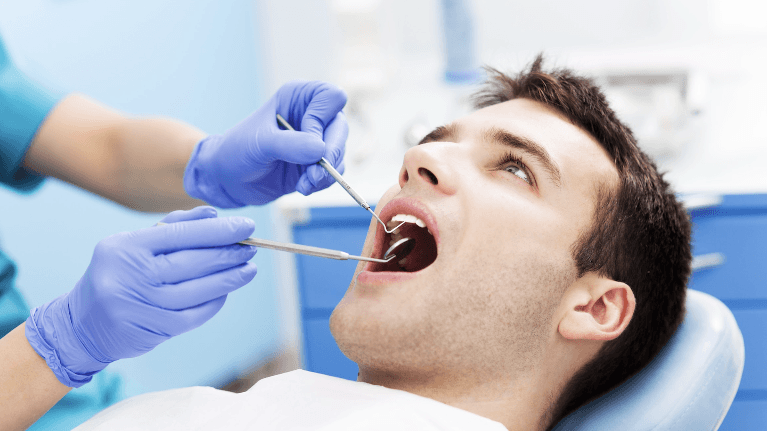
Chocolates, ice cream, doughnuts, waffles – we can go on and on about our favourite sweet treats! It’s hard to stop binge-eating sweets, but if you knew what consuming too much sugar can do to your teeth, you may never want to keep a bite of sweet in your mouth again! Consuming too much sugar affects your teeth and oral cavity directly and can lead to serious lifelong health complications like diabetes.
You may have often heard people say how they don’t want their children to be eating so many chocolates. You might wonder why a parent would not want their kid to indulge in the divine pleasure of chocolates. Well, once you’re done reading this blog post, you may become that parent yourself!
Increased Risk of Cavity
Cavities are portions of your teeth that are decayed. The cavities may worsen and form tiny holes or openings in your teeth that can be very painful. You may want to know how sugar consumption is linked to cavities. Well, every time you consume sugar, the bacteria in the mouth produce acid. The saliva in your oral cavity is alkaline in nature and neutralizes this acid.
However, when the amount of sugar you consume is in excess, the quantity of acid produced exceeds the quantity of saliva produced. As a result, there’s more acid in your mouth. The acid eats away the protective enamel coating on your teeth and leads to the development of cavities.
Increased Plaque
Plaque is the yellowish, sticky substance that covers your teeth. It’s the same substance that your dentist cleans every time you go for a routine dental check-up.
The bacteria in your mouth feed on sugar and form plaque. The plaque sits on your teeth and keeps building up. Over time, this plaque becomes acidic. Acidic plaque eats away the enamel of your teeth and can increase the risk of cavity and tooth decay.
Promotes Bad Bacteria
Apart from feeding the bacteria in your mouth and promoting their growth, sugars also promote the growth of bad bacteria. These bacteria can cause numerous dental problems like gum diseases.
The bad bacteria can also lead to the receding of your gums and the destruction of the protective tissues that secure the teeth in place. If you don’t limit your sugar intake, you might end up losing your teeth!
Yellowing of Teeth
If you ask us what’s the one thing that’s a major turn-off in a person, we would say yellow teeth! No matter how regularly you brush your teeth, if you don’t limit your sugar intake, your teeth will appear yellow, and they’ll continue to get yellower with time!
As you know by now, bacteria in your mouth feed on sugars and produce plaque. The more you consume sugars, the more food you’re providing the bacteria. As a result, the bacteria will produce more and more plaque that’ll stick to your teeth and make them look yellow. The plaque build-up can be pretty stubborn that won’t go away with just brushing!
You may not start to see the consequences of excessive sugar consumption just yet, but you’ll for sure with time. The sugary food you love munching on is damaging your teeth, and if you don’t stop now, you might suffer severe dental consequences.



